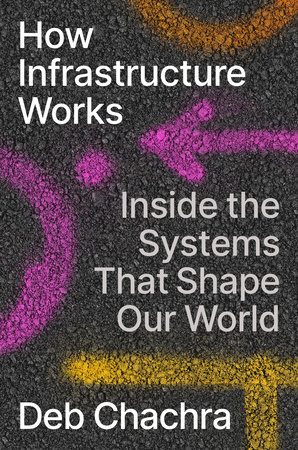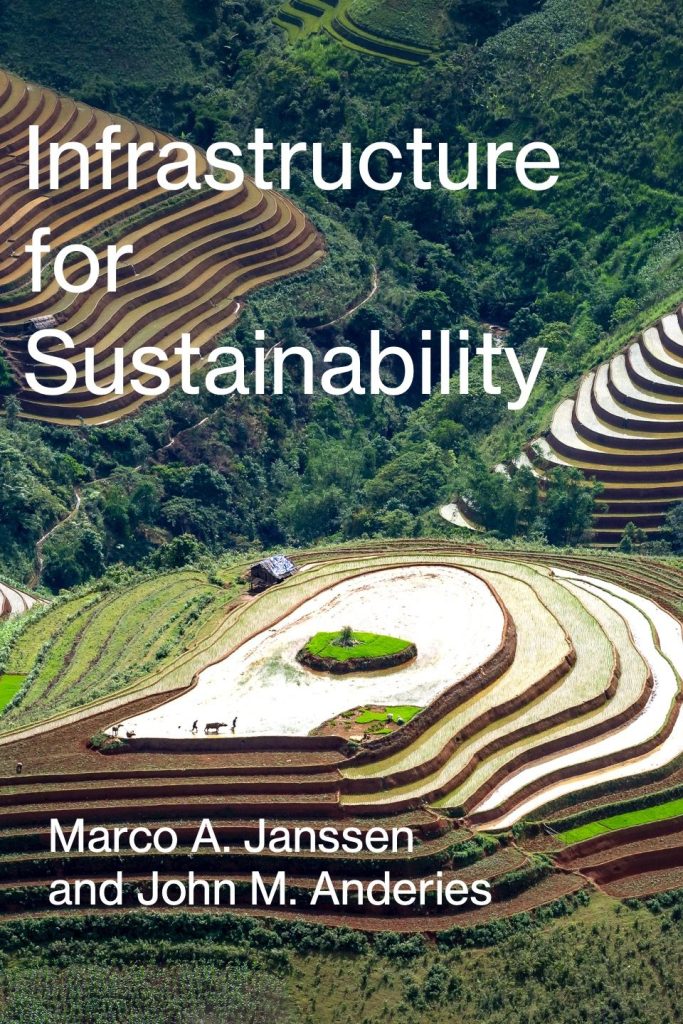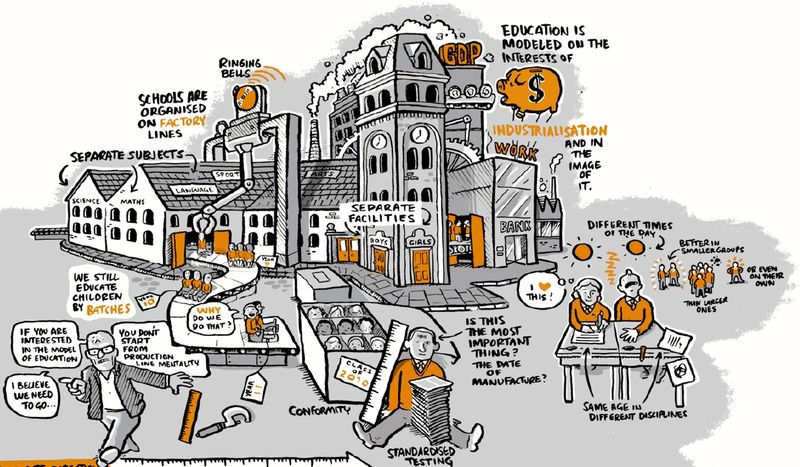Ultra-Processed People by Chris van Tulleken is a fascinating book discussing how the food industry creates edible stuff we get addicted to, leading to various implications for human and planetary health. If we had the choice, we would likely prefer to eat food that is produced with minimally processed (e.g. ‘natural’) ingredients without ultra processed ingredients. But this costs a lot of time and money, more than many of us can afford in modern society. This is why ultra-processed food (UPF), referred to in the book as industrially processed edible stuff, is the option that many people have to choose. UPF comes in many different forms like ready meals, food with a long shelf life, food that is advertised to have healthy additives (0 sugars), etc., produced at a scale within an international industrial supply chain that allows it to be much cheaper than actual food.
Typically, consumption of UPF leads to weight gain and contributes to the obesity epidemic. One reason is that ingredients from UPF lead to overeating. Since the food is heavily processed, the body is processing less and responds late (too late) that a person is satiated. The additives also lead to craving for the UPF.
Another recent book, Burn, demonstrates research that people with active lifestyles – like hunter gatherers – burn similar number of calories per day than couch potatoes in modern societies. How energy is used by the body of a couch potato is different than from an athlete, and while an active lifestyle is more healthy, in terms of body weight, the burn rates are similar. Human infrastructure provides limits how many calories we can consume without gaining weight. A lifestyle of eating a lot of UPF leads to overeating, and will not be corrected by a more active lifestyle. Sports is important, but in itself does not lead to long term weight loss.
As we have seen in other coupled infrastructure systems that exhibit robustness-efficiency trade-offs, a sustainable future of a healthy lifestyle depends on how much care, money and time, we spend in an active lifestyle and preparing food from natural ingredients. The alternative, quick power drinks and a lack of activity may be efficient to maximize returns in the modern rat-race of society, but will reduce the resilience of mental and physical health.









